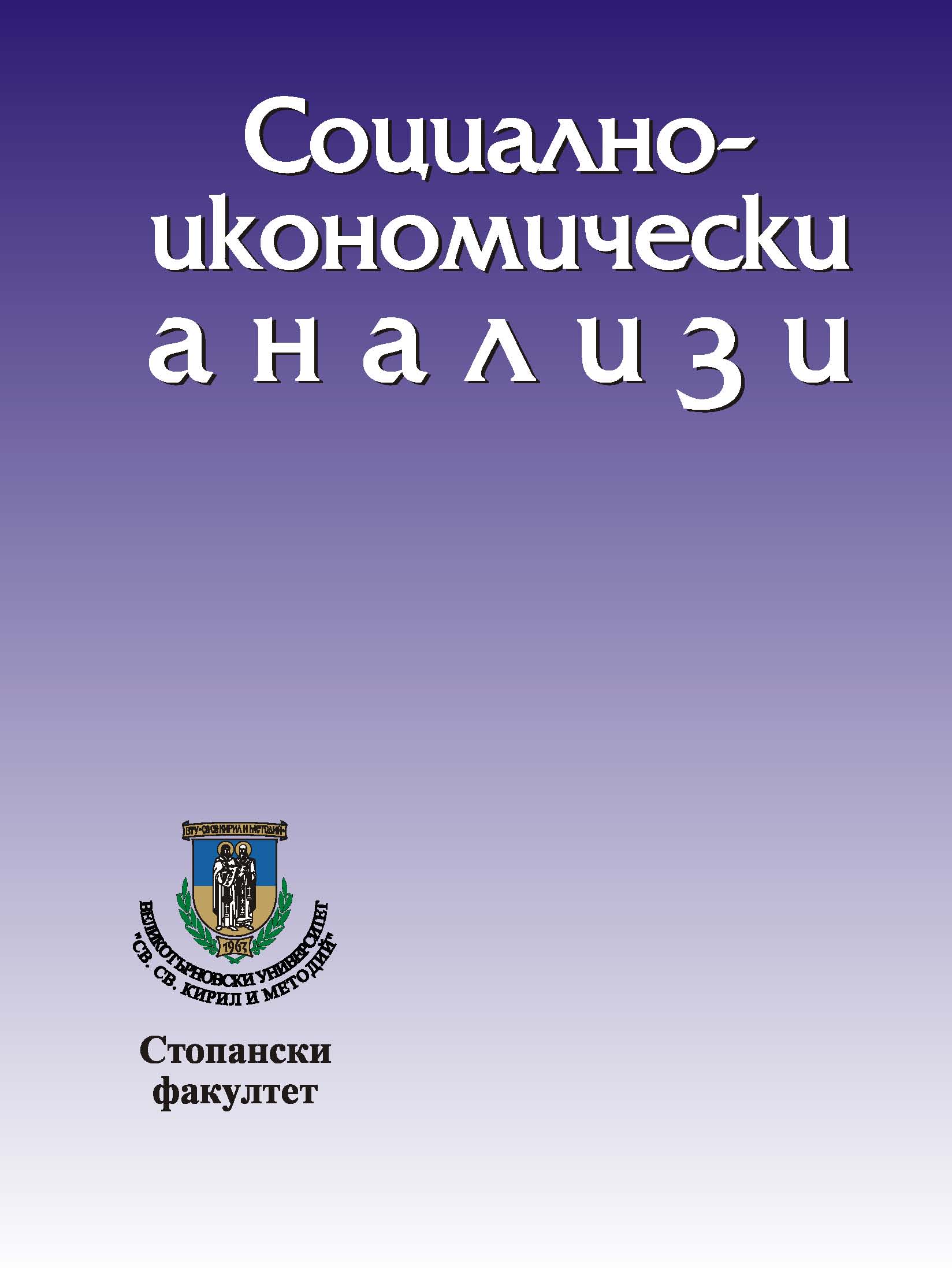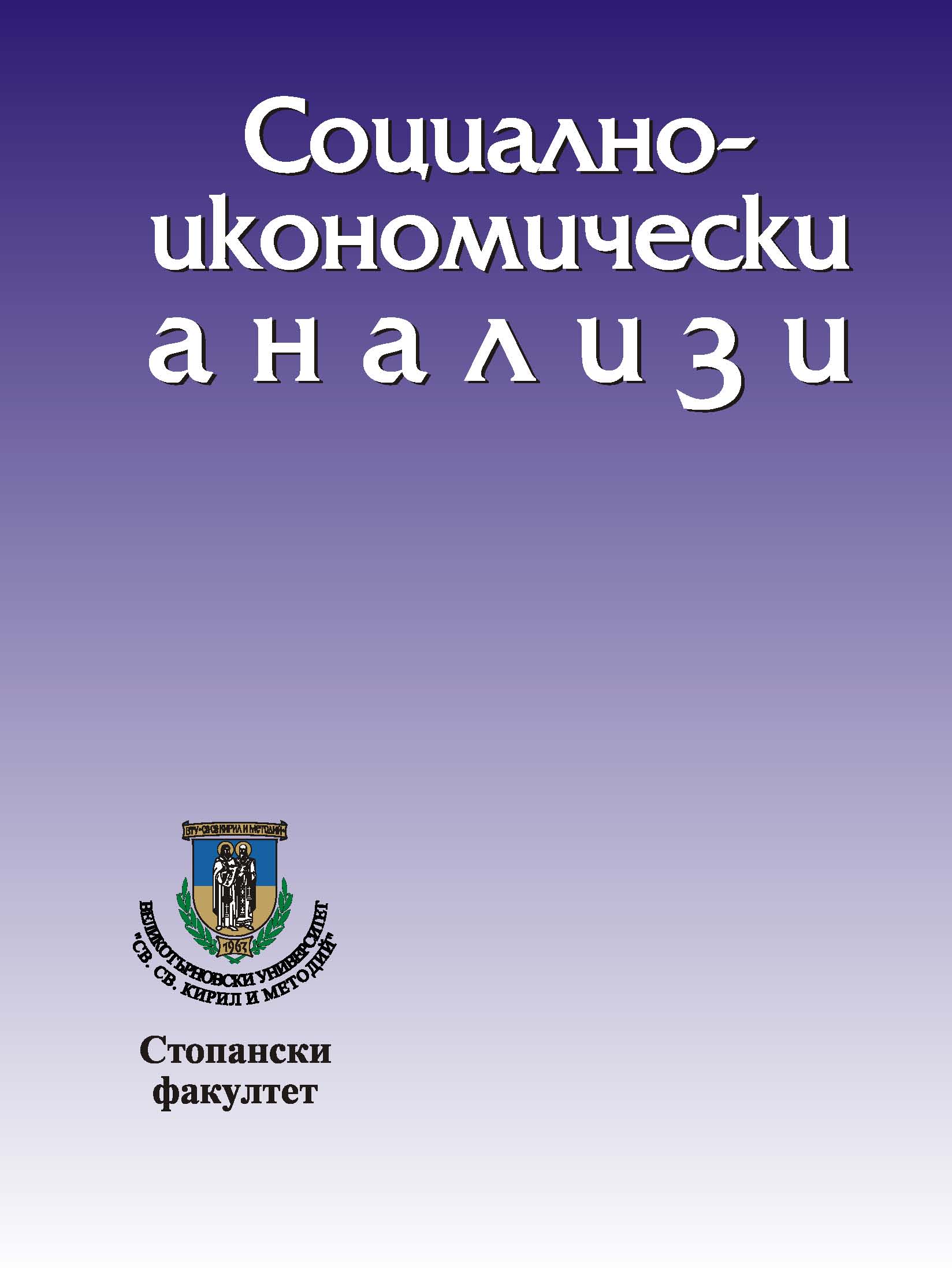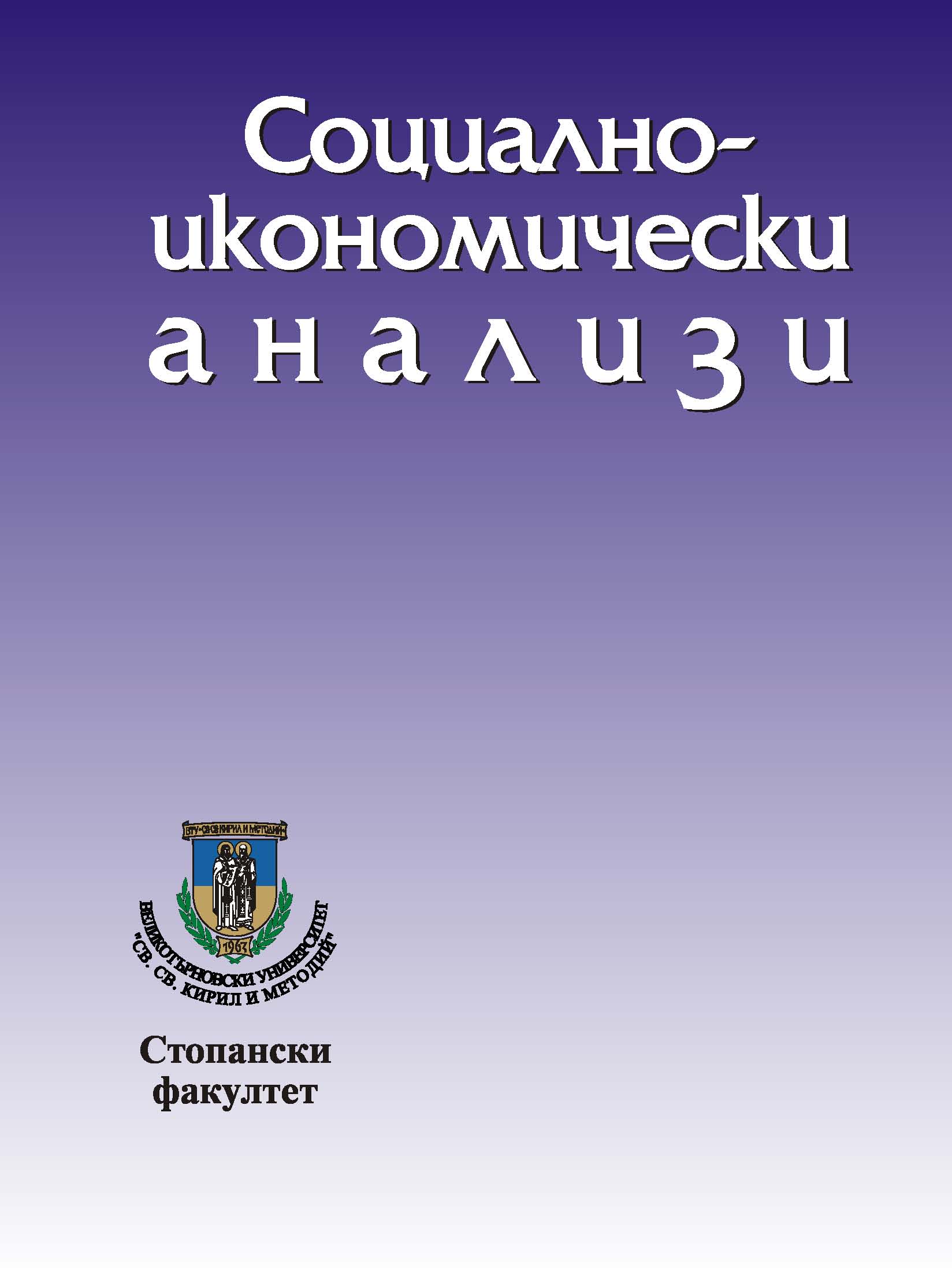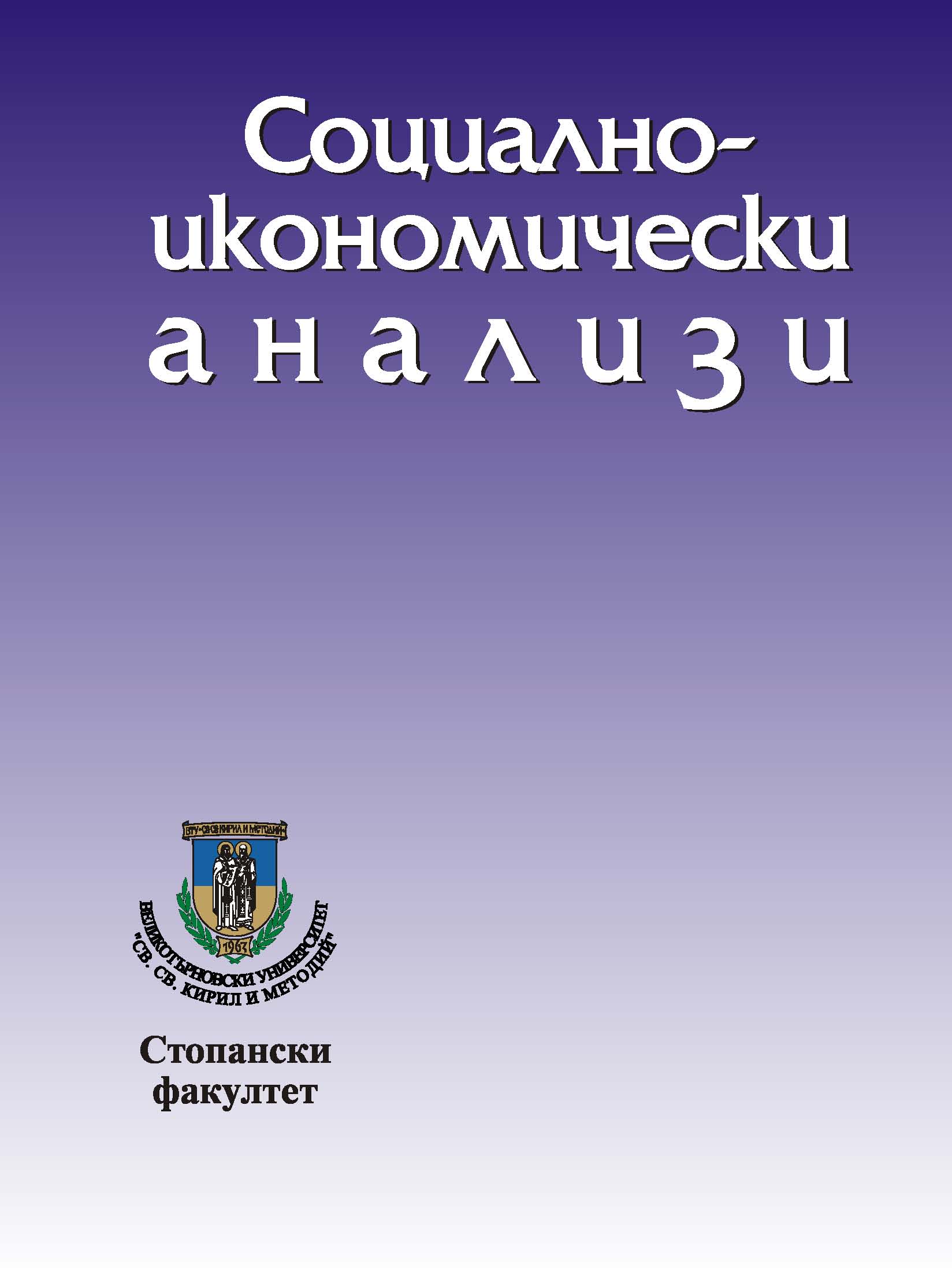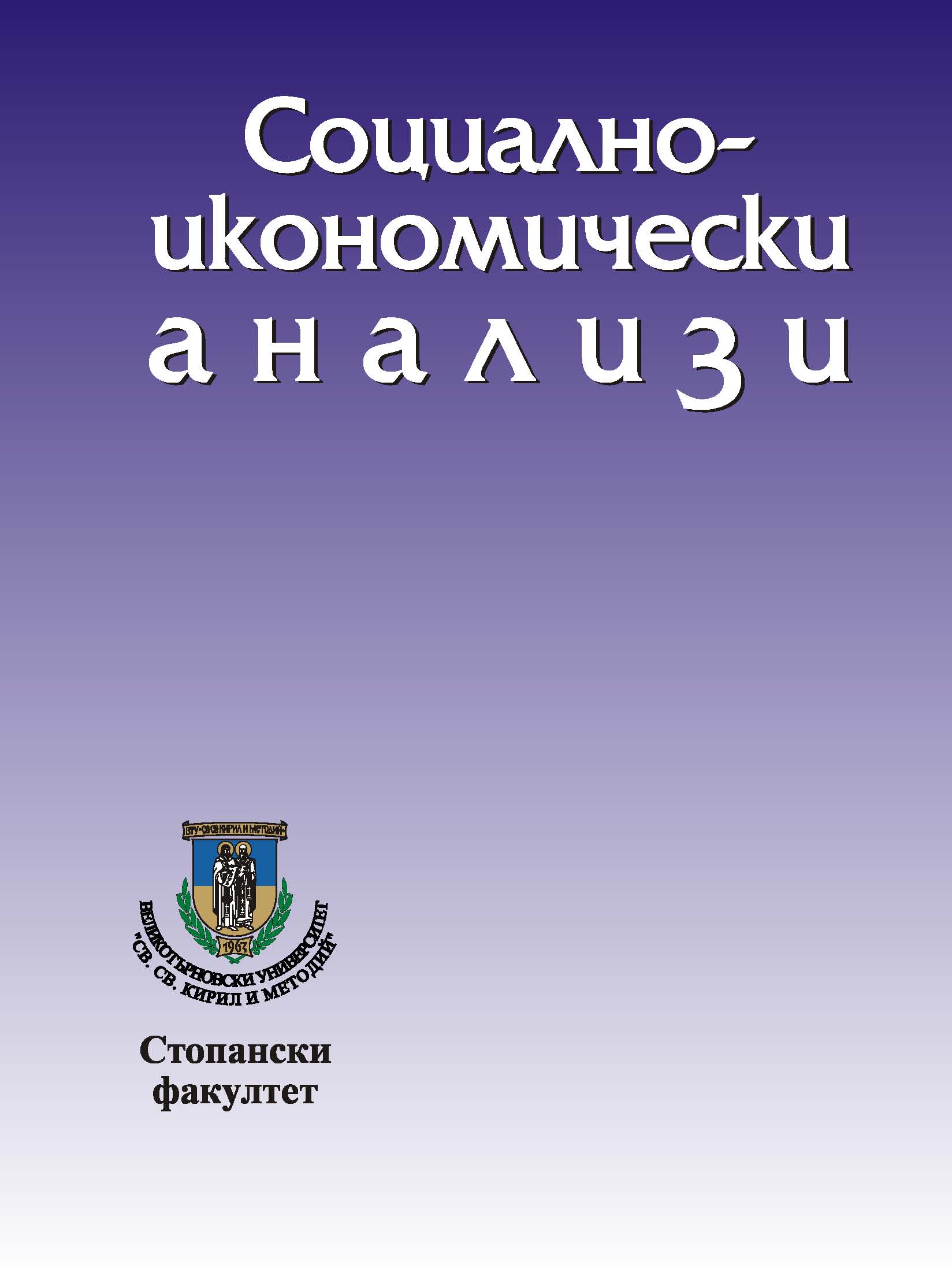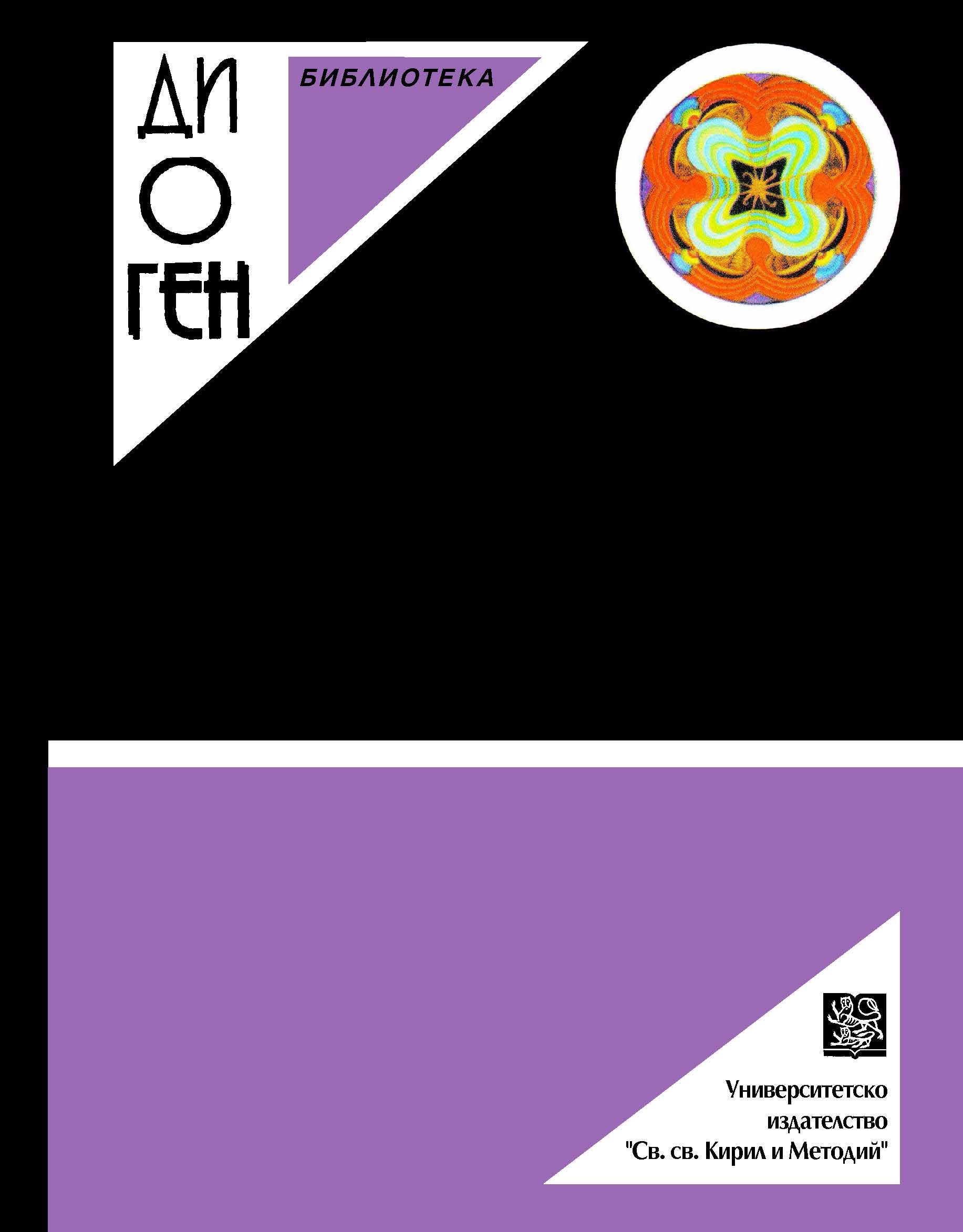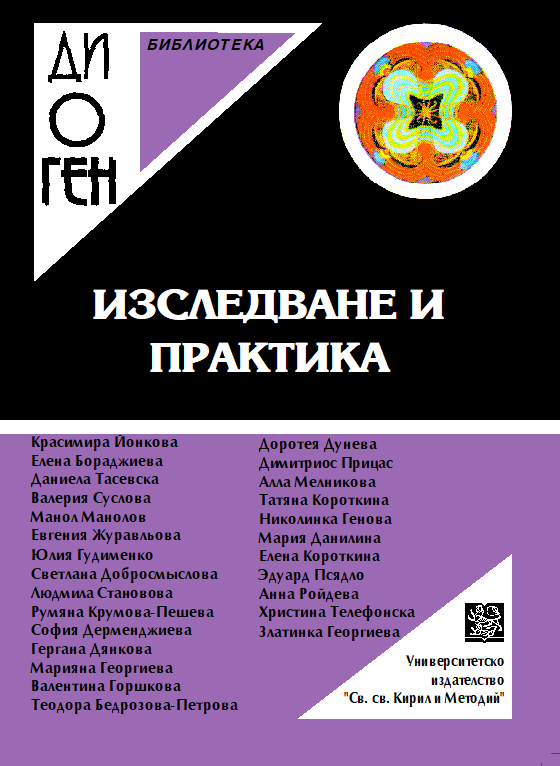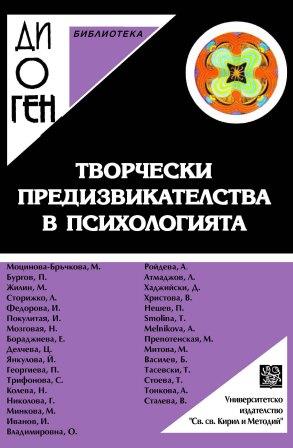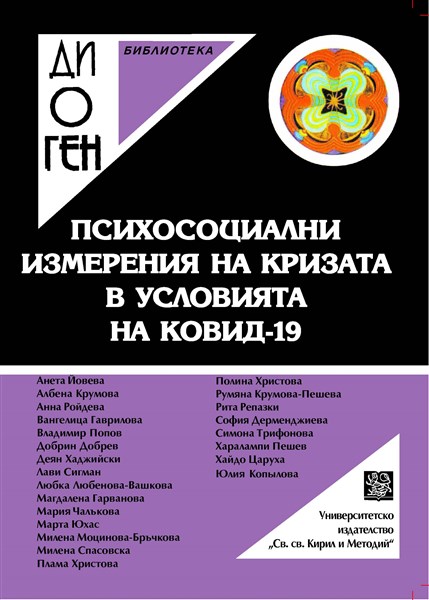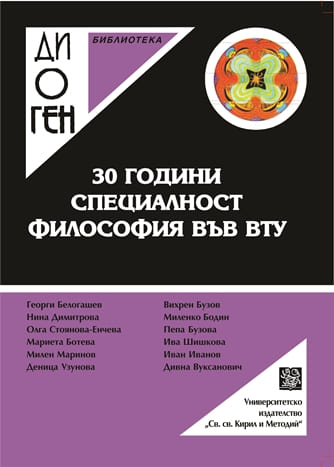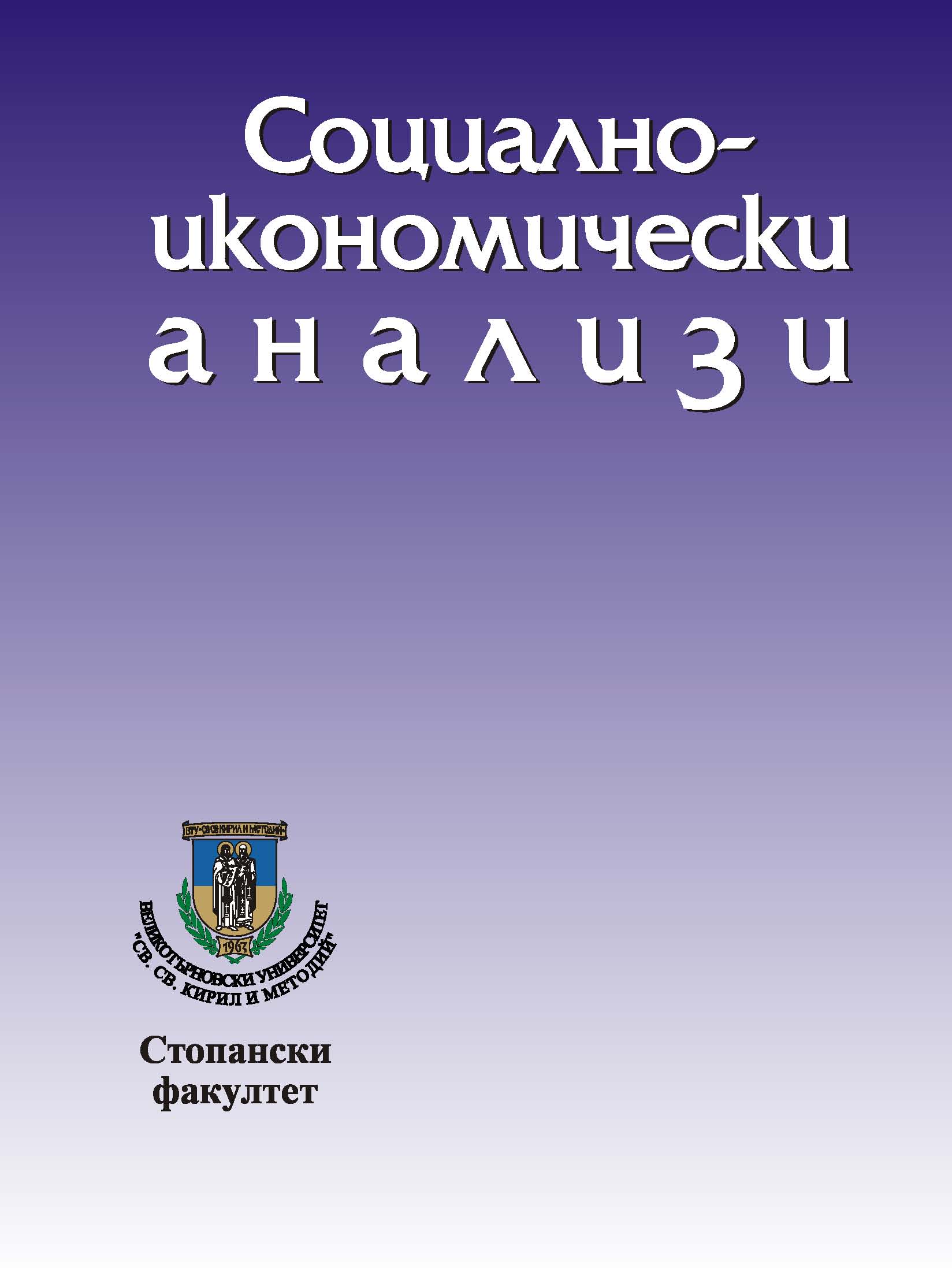
Energy Security in Terms of Geothermal Resources in Selected Regions of Poland
Energy Security in Terms of Geothermal Resources in Selected Regions of Poland
Keywords: resources of geothermal energy; sources of geothermal energy; geothermal energy; advantages of geothermal energy; disadvantages of geothermal energy
The study attempts to analyze the need to build subjective Polish energy security in the context of its rich geothermal resources of the various regions of our country. Adoption of these measures allows not only to increase the diversification of sources of energy supply but also brings significant benefits in economic, social and environmental area. This issue is presented in three aspects: • Sources and resources of geothermal energy in selected regions of Poland; • Advantages and disadvantages of using geothermal energy; • Examples of the use of geothermal energy in some regions of Poland. The use of geothermal resources may also have significance in no-military defence dimension of the country. To explore the problem in detail, an analytic-synthetic research method was used.
More...
